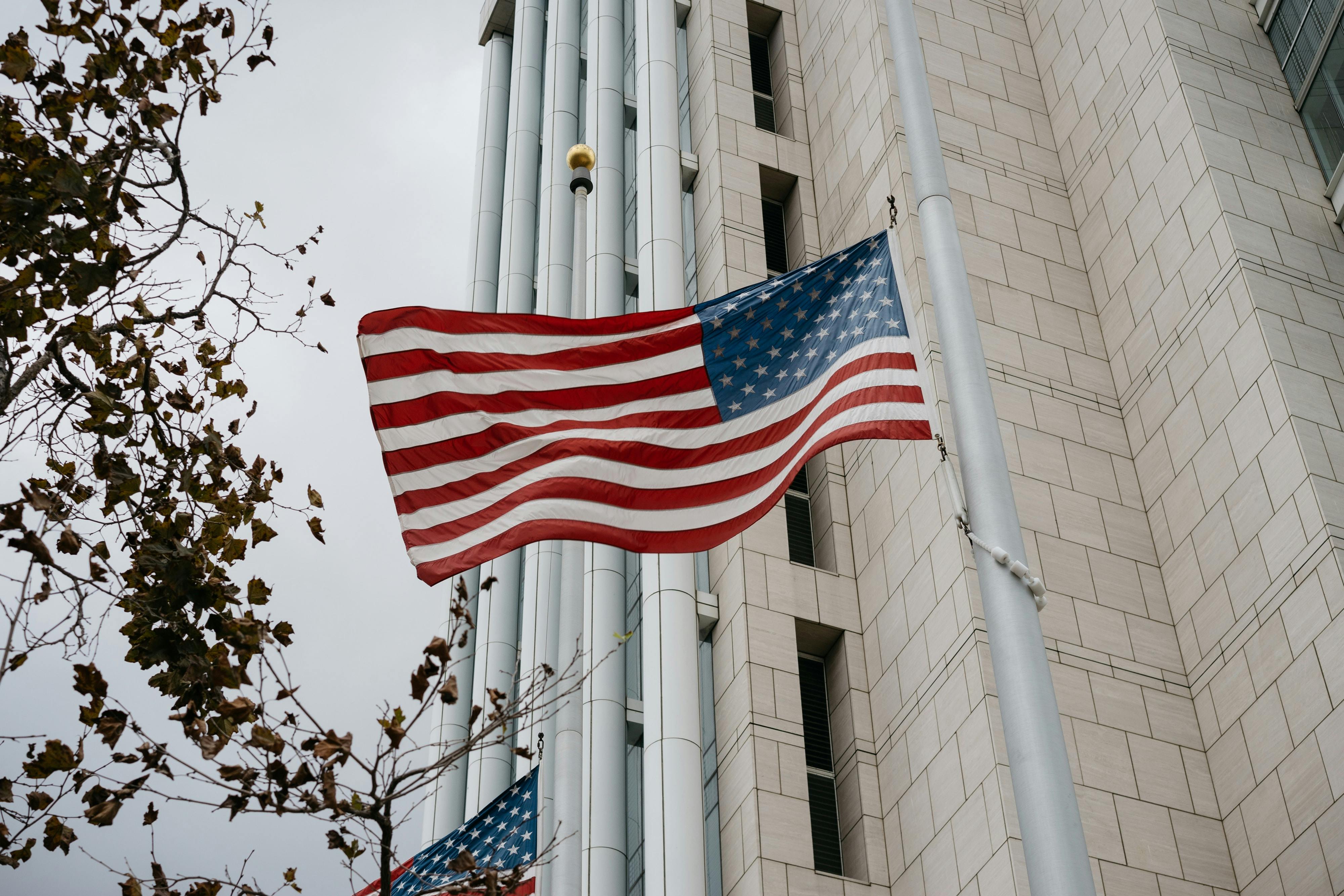Today’s Headlines and Commentary
Lawfare’s daily roundup of national security news and opinion.
Senate Republicans blocked the establishment of an independent bipartisan panel to investigate the Jan. 6 assault on the Capitol, reports the New York Times. Only six Republicans supported the creation of the commission, resulting in a 54 to 35 vote—six votes shy of the 60 needed to overcome a filibuster and advance the legislation. The proposed commission would have been composed of five Democratic-appointed commissioners and five appointed by Republicans. It would have produced a report on the riot and issued recommendations to bolster security at the Capitol.
The Russian spy agency behind the SolarWinds hack has mounted a new cyberespionage offensive targeting U.S. government agencies and civil society organizations, according to the Washington Post. The hackers breached a marketing email account belonging to the U.S. Agency for International Development (USAID)—targeting 3,000 people connected to international development and humanitarian groups in addition to government and human rights organizations. The hackers sent emails purportedly from the USAID, which included malware links that if clicked on would allow hackers to obtain victims’ data and gain access to connected computers.
Federal prosecutors in Brooklyn, New York have been investigating whether Ukrainian officials attempted to interfere in the 2020 election, including using former President Trump’s lawyer Rudy Giuliani to spread false corruption claims about then-candidate Biden and improve Trump’s chances in the election, reports the New York Times. Part of the probe focused on a trip Giuliani took to Europe in December 2019, during which he spoke with several Ukrainian officials. This trip was the culmination of a yearlong effort by Guliani—with Trump’s backing—to tarnish President Biden’s campaign, which eventually led to Trump’s first impeachment. Giuliani is not a subject of the Brooklyn probe.
A federal judge on Friday rejected Giuliani’s attempt to examine materials seized as part of a separate criminal probe into his dealings with former Ukrainian officials, writes the Wall Street Journal. U.S. District Judge J. Paul Oetken said the fact that Giuliani was former President Trump’s lawyer did not exempt him from a search warrant. Federal agents executed search warrants at Giuliani’s office and apartment in New York City on April 28 as part of their investigation into possible violations of federal lobbying statutes connected to his efforts in Ukraine.
A Department of Homeland Security (DHS) spokesperson said on Friday that “there will be no federal vaccinations database and no federal mandate requiring everyone to obtain a single vaccination credential,” according to Axios. This clarification comes after Secretary of Homeland Security Alejandro Mayorkas said earlier Friday that the U.S. was “taking a very close look” at potentially requiring vaccine passports for travel abroad.
The Biden administration said Friday that the U.S. will fast-track the immigration cases of families arriving at the border with Mexico, reports the Associated Press. Under the plan, the cases of families apprehended at the border could be dealt with in expedited proceedings in immigration courts—which determine whether migrants can remain in the United States.
The man who allegedly killed nine people in San Jose, California on Wednesday was previously detained by U.S. Customs officers, who found that he had “books about terrorism and fear and manifestos…as well as a black memo book filled with lots of notes about how he hates the VTA,” the acronym for the Santa Clara Valley Transportation Authority, according to the Wall Street Journal. The shooting took place at a VTA meeting, and all of the victims were VTA employees. The alleged gunman, Samuel James Cassidy, worked at the VTA for at least nine years. It is unclear whether the border officers’ findings were shared with local law enforcement or the VTA prior to the shooting.
The U.N. Human Rights Council voted Thursday to establish a panel to investigate potential “violations of international humanitarian law” during the recent conflict between Israel and Hamas, reports Axios. The probe will examine possible violations by both Israel and Hamas. Israeli Prime Minister Benjamin Netanyahu denounced the investigation, accusing the council of “whitewashing” Hamas, while a Hamas spokesperson praised the council’s decision as “legitimate resistance” against Israel.
The EU’s drug regulator on Friday authorized the Pfizer-BioNTech coronavirus vaccine for use in children between the ages of 12 and 15, writes France24. This is the first shot to gain approval for children in the EU. The U.S. and Canada had already greenlighted the vaccine for use in 12- to 15-year-olds.
ICYMI: Yesterday on Lawfare
Jen Patja Howell shared the latest edition of Lawfare’s Arbiters of Truth Series. Quinta Jurecic, Lawfare senior editor and fellow in governance studies at the Brookings Institution, and Evelyn Douek, lecturer at Harvard Law School, spoke with David Kaye, former U.N. Special Rapporteur on freedom of expression. They discussed the role of international human rights law in content moderation and the increasing prevalence of digital authoritarianism around the world.
Pam Dixon and Robert Gellman discussed the Privacy Act of 1974 and the new law seeking to update it.
Nicholas Weaver argued that our current ransomware problem is truly a Bitcoin problem.
Email the Roundup Team noteworthy law and security-related articles to include, and follow us on Twitter and Facebook for additional commentary on these issues. Sign up to receive Lawfare in your inbox. Visit our Events Calendar to learn about upcoming national security events, and check out relevant job openings on our Job Board.





